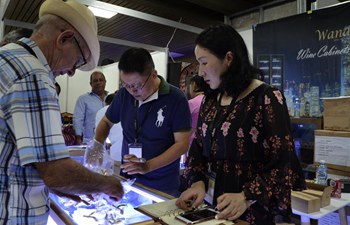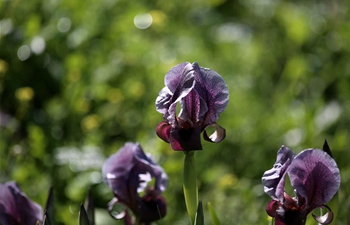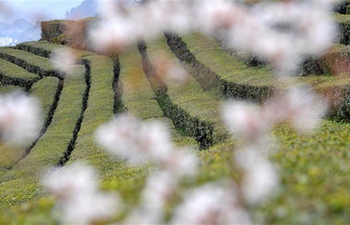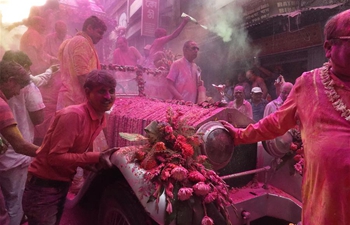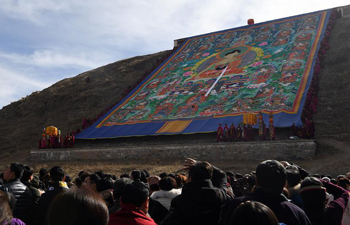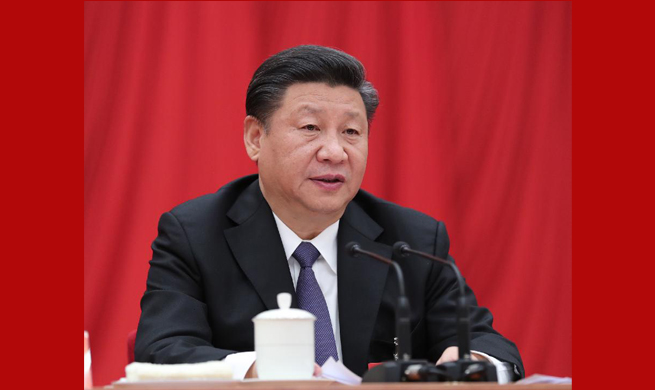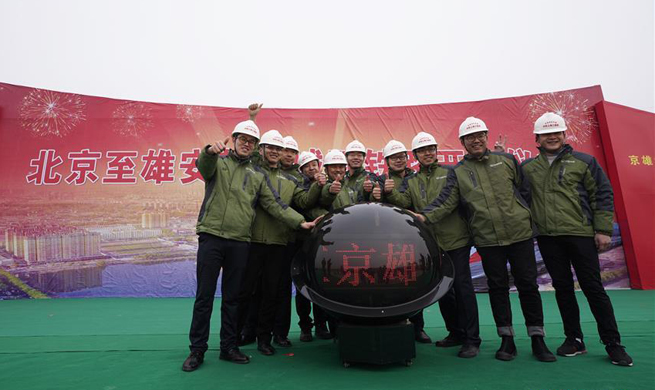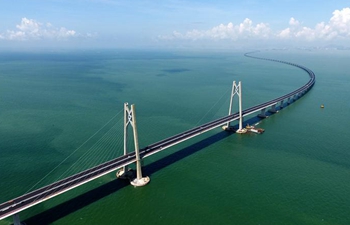by Juan Limachi, Shooka Shemirani
LIMA, Feb. 28 (Xinhua) -- Already famed for its Inca archaeology, Peru's mountainous town of Machu Picchu now seeks to be known for innovative waste-management schemes designed to make it environmentally sustainable.
Some 3,000 visitors pass through the town each day on their way to the ancient ruins, generating much-needed revenue for the town as well as garbage and waste.
The train that brings in tourists also takes out the trash, some 11,000 tons of solid waste in the past two years alone, according to PeruRail.
The charming local restaurants catering to visitors have been struggling to dispose of their used cooking oil, which ends up in the river.
"We are developing a series of projects to make Machu Picchu a sustainable destination that can serve as a model of environmental management for other tourism destinations around the world," Gabriel Meseth, head of communications for hotel chain Inkaterra, told Xinhua.
The chain is working with the local government and Peruvian beverage maker Grupo Aje to adopt environment-friendly practices, including using Peruvian technology to turn used cooking oil into biofuel.
"We estimated that thousands of liters of oil were being dumped in the river," said Meseth, adding that one liter of oil could pollute 1,000 liters of water from the Urubamba River, considered sacred by the ancient Inca civilization.
The used vegetable oil is being processed into a viable combustible fuel, a form of biodiesel with low carbon emissions. Another byproduct, glycerine, is biodegradable and ideal as a cleaning agent.
Jorge Lopez, Grupo Aje's director of communications and sustainability, lauded the scheme's success.
"We are transforming the ...oil, removing it from the river and turning it into glycerine. The town uses it to clean school campuses. Until now, they were using chemical detergents, but the cleaning of Machu Picchu is now sustainable and ecological," Lopez said.
Biodiesel produces only 44 percent as much carbon dioxide as fossil fuels, and it can be used for hotels' heating or, in a more refined form, to run local transport, added Lopez.
In the town, there is also a plant dealing with plastic waste by recycling bottles and other containers, a scourge that threatened to place Machu Picchu on UNESCO's list of at-risk World Heritage Sites.
The waste-management initiatives, which also include incinerating organic waste into carbon for use as land fertilizer, have placed Machu Picchu at the forefront of sustainable practices.
"This is a program we want to replicate, we want to set an example for other cities," Meseth said.




